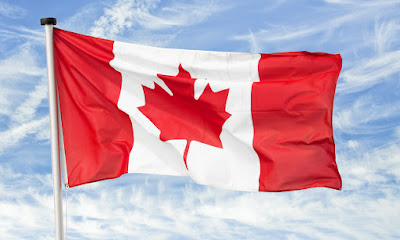NEET 2017: Domicile rules leave MBBS, BDS aspirants confused, give them limited college choice
Lack of a uniform domicile policy could put an end to dreams of NEET-qualified candidates to pursue fulfilling careers in medicine or dentistry.
While some states like Maharashtra, and Punjab have barred candidates from other states from participating in counselling for admission to medical colleges (both private and government), Uttar Pradesh and Karnataka have no such restrictions.
Hundreds of candidates successful in the National Eligibility cum Entrance Test (NEET) for admissions to medical and dental programmes and colleges across the country, have been spending time, money and energy desperately seeking admission to colleges in various states of the country. Lack of a uniform domicile policy could put an end to their dreams to pursue fulfilling careers in medicine or dentistry.
While some states like Maharashtra and Punjab have barred candidates from other states from participating in counselling for admission to medical colleges (both private and government), Uttar Pradesh and Karnataka have no such restrictions.
The domicile policy puts students from states with few medical colleges at a disadvantage.
NEET rules say that candidates wishing to apply for admission in state medical colleges or universities or institutes using merit list of NEET-2017 have to follow the instructions of the state government or that of the authorities of the medical and dental colleges or university/institutes concerned for counselling.
States can reserve 85% seats for their students in government medical colleges and leave the 15% quota for students from across the country ranking high on the NEET merit list. There is no provision for any reservation in private medical colleges across the country in NEET rules.
“I couldn’t fill the online form to join counselling in Maharashtra as candidates are required to be state domiciles,” complains a student from Delhi.
MBBS aspirants from Delhi have also been left with limited options as the sprawling Capital has only nine government medical colleges out of which only eight admit students through NEET. The All-India Institute of Medical Sciences, Delhi, has a separate entrance examination.
Students from many north-eastern states such as Arunachal Pradesh, Mizoram, Nagaland, Lakshadweep etc, which don’t have any medical colleges, say that if all states mandate domicile status, they will never be able to pursue MBBS education despite qualifying NEET.
“It’s fortunate that some states are not following domicile restrictions. If this happens then we will be left with only one option - 15% seat reserved under all-India quota in government colleges across the country. This, however, will benefit only the high-rank holders,” says a student who ranks below 20,000 in NEET 2017.
A Supreme Court order of June 7, 2012, states that the Directorate General of Health Services, ministry of health and family welfare, has to conduct online counselling for 15% seats under all-India quota for undergraduate MBBS and BDS programme.
Andhra Pradesh, Telangana and Jammu & Kashmir have opted out of NEET.
In favour of domicile restrictions Dr Raj Bahadur, vice chancellor of Baba Farid University of Health Science, which conducts counselling for MBBS admission in Punjab, says “Every state has the right to protect the interests of its students.” Candidates clearing Class 12 from Punjab can apply for MBBS and BDS programmes in the state.
Many experts disagree.
“A state can impose domicile restriction for admission in government-run colleges but I don’t think the same applies for the private colleges,” says Gulshan Garg, chairman, Sankalp Charitable Trust. It was Sankalp’s petition last year which led to the Supreme Court ordering the implementation of NEET as a single examination for admission to MBBS and BDS programmes in the country.
“What’s the point of a one-nation-one-examination when each state frames its own admission guidelines?” he asks.
Students also complain that the criteria to define domicile varies from one state to another. Some states want Class 12 certificates while others ask from other documents such as birth certificate etc.
The order of the Tamil Nadu government reserving 85% of its MBBS and BDS seats for state board students was quashed recently by the Madras High Court. (According to hindustantimes.com - education)
Study Abroad: MBBS in Russia!
Request a call from us and get FREE guidance from our experts today! or call us on 9987099890 Or register on our website:- http://www.aliffoverseas.com














